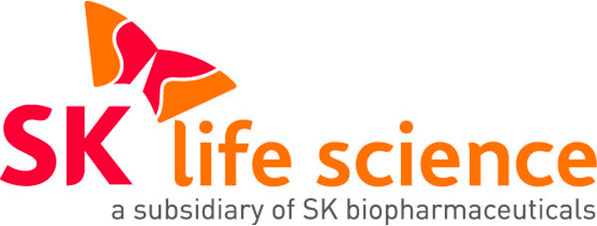December 13, 2016
AZ Central
Laurie Roberts
Last month, Arizona’s voters voted to raise the minimum wage in Arizona.
This month, Arizona’s leaders are trying to figure out a way to weasel out of it.
Incoming House Speaker J.D. Mesnard has confirmed he and others are considering a lawsuit aimed at blocking the new minimum wage – the one that was approved by 58 percent of Arizona voters.
“People are freaking out about it,” Mesnard told the Associated Press.
2 options (besides ignoring voters' will)
Beginning Jan. 1, the minimum wage will jump not to $8.25 as previously scheduled but to $10 an hour, then to $12 in 2020.
Mesnard says the increase may be unconstitutional, given that the initiative didn’t include a funding source to cover the increased state outlay in cash. As a result of Proposition 206, Mesnard says he’s had to boost the pay for House pages.
Oh, the horror.
ROBERTS: A $10/hour minimum wage? Oh, the horror!
Seems to me Mesnard’s got two reasonable options (other than ignoring the will of voters, that is):
- He can hire fewer pages and pay them $10 an hour. (Does he really need so many of them to fetch legislators’ coffee?)
- Or he can continue to pay them $9 an hour, as in the past.
Barton predicted that no lawsuit will be filed.
“I really truly believe it is noise,” he told me. “I don’t think they’ll sue because first off, it’s in the Constitution. If you mandate state funds to be spent and don’t provide a sufficient funding source for it, the state doesn’t have to allocate funds for that program.”
No exemption for non-profits, though
The law, however, will devastate non-profits that contract with the state to provide services for the developmentally disabled and others.
Several of them have told me they’ll be going out of business if the state doesn’t provide them with the cash to cover the new minimum wage. Prior budget cuts, they say, have left them with no wiggle room to fund pay raises.
They estimate the added outlay statewide would cost $30 million next year, though others in the industry have said that’s a lowball figure.
Barton says the minimum-wage exemption doesn’t apply to those private employers, as the state isn’t required to increase the size of their contracts.
Not legally, anyway. (Morally? That’s another question. Simply put, the state’s got to come up with the money – and fast – or thousands of truly vulnerable citizens will suffer. Where are you, Gov. Doug Ducey?)
The exemption also wouldn’t apply to counties, cities or school districts.
Nor would it apply to all those businesses that build their bottom line around paying employees so little that they can qualify for welfare.
Before the warnings of dire consequences and economic Armageddon become too loud, consider this.
Lee McPheters, director of ASU’s JPMorgan Chase Economic Outlook Center, last week said the new minimum wage isn’t likely to stifle economic growth. Higher wages, he said, will be offset by lower turnover and higher wages will result in more buying power for those at the low end of the payscale.
Exhibit A: Seattle’s 2015 minimum wage boost.
“In fact, employment went up over the year of that minimum wage increase and the unemployment rate continues to go down,” he told the AP.














